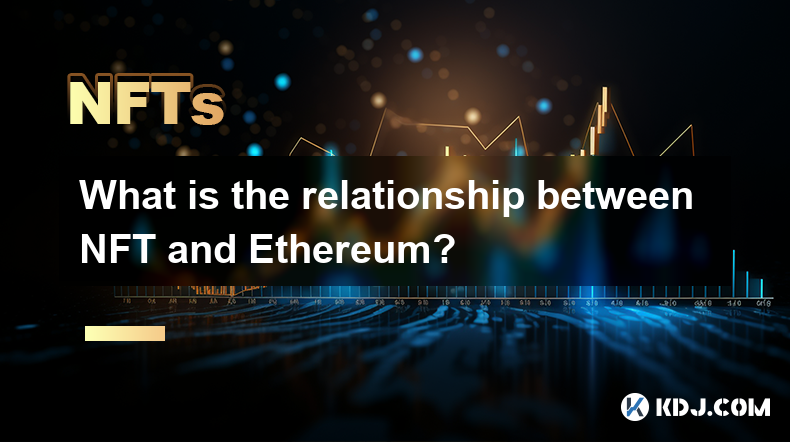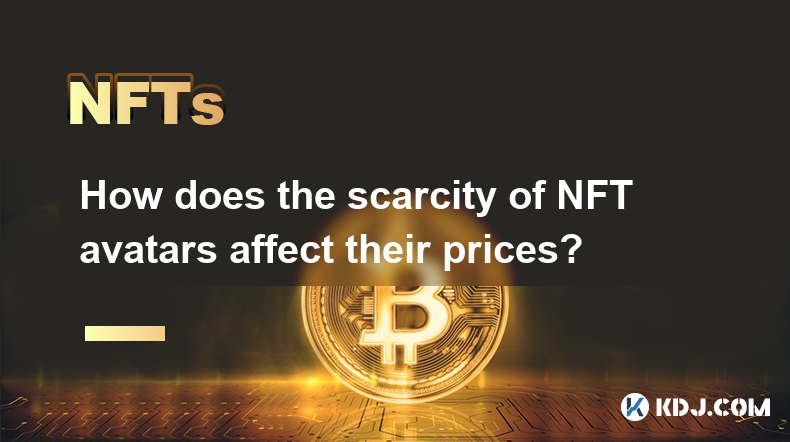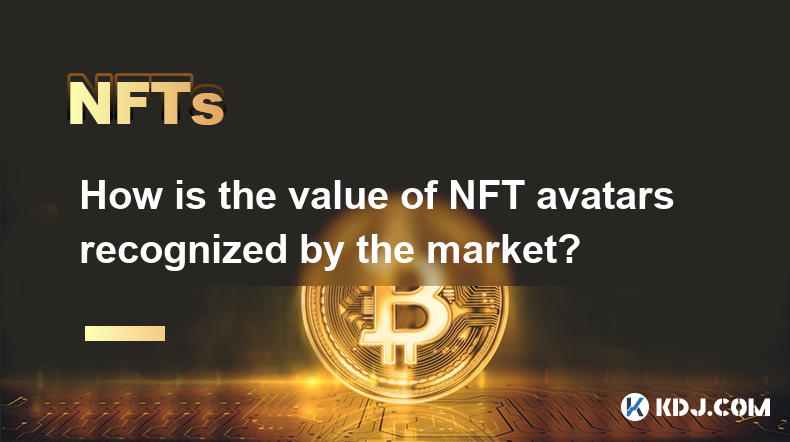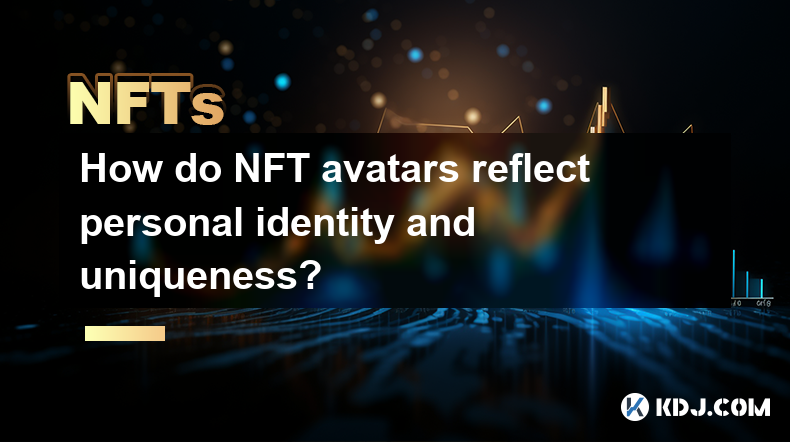-
 Bitcoin
Bitcoin $86,989.5773
2.47% -
 Ethereum
Ethereum $1,907.7486
-0.28% -
 Tether USDt
Tether USDt $0.9998
0.00% -
 XRP
XRP $2.1782
1.30% -
 BNB
BNB $605.9725
-1.07% -
 Solana
Solana $130.9318
2.03% -
 USDC
USDC $0.9997
-0.03% -
 Dogecoin
Dogecoin $0.1757
1.47% -
 Cardano
Cardano $0.6948
1.08% -
 TRON
TRON $0.2378
0.79% -
 Toncoin
Toncoin $4.0441
0.19% -
 Chainlink
Chainlink $14.1226
-0.93% -
 UNUS SED LEO
UNUS SED LEO $9.3952
0.65% -
 Stellar
Stellar $0.2737
-1.37% -
 Avalanche
Avalanche $19.7700
-0.01% -
 Sui
Sui $2.4853
0.25% -
 Shiba Inu
Shiba Inu $0.0...01283
-0.56% -
 Hedera
Hedera $0.1728
-0.67% -
 Polkadot
Polkadot $4.2112
-0.14% -
 Litecoin
Litecoin $86.0983
1.27% -
 Bitcoin Cash
Bitcoin Cash $312.1520
-0.42% -
 MANTRA
MANTRA $6.3442
0.01% -
 Bitget Token
Bitget Token $4.6044
-0.33% -
 Dai
Dai $0.9999
0.00% -
 Ethena USDe
Ethena USDe $0.9999
0.00% -
 Hyperliquid
Hyperliquid $14.0809
4.33% -
 Pi
Pi $0.6847
-3.43% -
 Monero
Monero $219.9574
0.86% -
 Uniswap
Uniswap $6.2581
0.04% -
 Pepe
Pepe $0.0...07858
1.61%
What is the relationship between NFT and Ethereum?
Ethereum's smart contracts are foundational to NFTs, enabling secure creation and trading. High gas fees on Ethereum, however, drive adoption of alternative blockchains, creating a symbiotic yet competitive relationship.
Mar 17, 2025 at 06:35 am

Key Points:
- Ethereum's blockchain serves as the foundational infrastructure for the majority of NFTs.
- NFTs leverage Ethereum's smart contracts for secure creation and transaction management.
- Ethereum's gas fees directly impact the cost of minting and trading NFTs.
- Alternative blockchains are emerging, offering lower fees and potentially faster transaction speeds for NFTs.
- The relationship is symbiotic: Ethereum's success fuels NFT growth, and NFT popularity drives Ethereum usage.
What is the relationship between NFT and Ethereum?
The relationship between Non-Fungible Tokens (NFTs) and Ethereum is deeply intertwined, almost symbiotic. Ethereum, a decentralized blockchain platform, provides the underlying technology that powers a significant portion of the NFT market. While other blockchains are increasingly supporting NFTs, Ethereum remains the dominant platform. This dominance stems from Ethereum's early adoption of smart contract technology, which is crucial for creating and managing NFTs.
The core functionality of an NFT relies heavily on Ethereum's smart contracts. These self-executing contracts ensure the uniqueness and ownership of each NFT. They define the NFT's characteristics, track its ownership history, and automate the transfer of ownership when the NFT is sold or traded. Without Ethereum's robust smart contract functionality, the creation and secure transfer of NFTs would be significantly more challenging.
One of the key aspects of the Ethereum-NFT relationship is the concept of "gas fees." These are transaction fees paid in Ether (ETH), Ethereum's native cryptocurrency, to process transactions on the Ethereum network. Minting an NFT (creating it), listing it for sale, and transferring ownership all incur gas fees. The cost of these fees can fluctuate significantly depending on network congestion. High gas fees have been a significant point of contention within the NFT community, as they can make minting and trading NFTs prohibitively expensive.
The high gas fees on Ethereum have spurred the development of alternative blockchains designed to offer lower transaction costs and potentially faster transaction speeds. These blockchains are increasingly becoming popular alternatives for NFT creation and trading, offering a less expensive and more efficient environment. However, Ethereum still holds a significant advantage in terms of established infrastructure, community size, and overall network security.
While Ethereum provides the technical foundation for many NFTs, the popularity of NFTs has also significantly impacted Ethereum's own growth and development. The surge in NFT trading and creation has led to increased demand for Ether, driving up its price and boosting the overall value of the Ethereum network. This highlights the mutual dependence between the two: the success of NFTs fuels the growth of Ethereum, and the strength and stability of Ethereum underpin the NFT ecosystem.
The inherent volatility of cryptocurrency prices directly impacts the NFT market. Fluctuations in ETH's price directly affect the cost of minting and trading NFTs, making them more or less accessible depending on market conditions. This volatility adds an extra layer of complexity to the relationship between NFTs and Ethereum, impacting both creators and collectors.
Furthermore, the decentralized nature of both Ethereum and NFTs is a defining characteristic of their relationship. This decentralization means that no single entity controls either the Ethereum network or the majority of NFTs. This lack of centralized control is often cited as a key advantage, promoting transparency and resistance to censorship. However, it also introduces challenges in terms of regulation and security.
The evolution of the Ethereum network itself continues to impact the NFT space. Upgrades and improvements to Ethereum's scalability and efficiency, such as the shift to Ethereum 2.0, are expected to address the issue of high gas fees, potentially making NFTs more accessible to a wider range of users. These developments will directly influence the future of the Ethereum-NFT relationship.
The ongoing development of NFT standards and protocols further shapes the interaction between NFTs and Ethereum. These standards aim to improve interoperability and functionality, making NFTs more versatile and useful within the broader digital landscape. Ethereum's role in supporting and evolving these standards is crucial for the long-term health of the NFT ecosystem.
Frequently Asked Questions:
Q: Can I create NFTs on blockchains other than Ethereum?
A: Yes, many other blockchains, including Solana, Tezos, Flow, and Polygon, now support NFT creation and trading. Each blockchain offers its own advantages and disadvantages in terms of fees, speed, and functionality.
Q: Are all NFTs created on Ethereum?
A: No, while Ethereum is currently the dominant platform, a growing number of NFTs are being created and traded on other blockchains. The market is diversifying.
Q: How do gas fees affect the NFT market?
A: High gas fees on Ethereum can make minting and trading NFTs expensive, limiting participation and potentially impacting the overall market activity. Lower-fee blockchains are emerging as alternatives.
Q: What is the future of the Ethereum-NFT relationship?
A: The future likely involves continued growth of the NFT market alongside improvements to Ethereum's scalability and efficiency. Competition from other blockchains will likely remain a significant factor. The long-term relationship will depend on ongoing technological developments and market forces.
Q: What are smart contracts and how do they relate to NFTs?
A: Smart contracts are self-executing contracts with the terms of the agreement between buyer and seller directly written into lines of code. They are crucial for NFTs as they automate the transfer of ownership and enforce the terms of the NFT's creation and sale. Ethereum's robust smart contract functionality is a key reason for its popularity in the NFT space.
Disclaimer:info@kdj.com
The information provided is not trading advice. kdj.com does not assume any responsibility for any investments made based on the information provided in this article. Cryptocurrencies are highly volatile and it is highly recommended that you invest with caution after thorough research!
If you believe that the content used on this website infringes your copyright, please contact us immediately (info@kdj.com) and we will delete it promptly.
- Binance co-founder Changpeng Zhao (CZ) believes 99.95% of AI agents do not need an ecosystem token.
- 2025-04-03 00:55:12
- Bitcoin Regains Bullish Momentum, Surging Past $87,000
- 2025-04-03 00:55:12
- Evolving From Speculative Investments to Mainstream Assets, WisdomTree Is at the Forefront of Leading the Charge
- 2025-04-03 00:50:12
- title: Tron founder Justin Sun has publicly declared that First Digital Trust, a Hong Kong-based fiduciary
- 2025-04-03 00:50:12
- Sentient Releases Open-Source AI Search Framework That Outperforms GPT-4o
- 2025-04-03 00:45:13
- This new Canadian coin offers a 360-degree view of the northern lights.
- 2025-04-03 00:45:13
Related knowledge

How does the scarcity of NFT avatars affect their prices?
Mar 25,2025 at 11:07pm
Key Points:Limited Supply: NFT avatar scarcity is directly tied to the fixed supply of a collection. A smaller number of unique avatars inherently increases their value due to higher demand.Demand Dynamics: High demand, fueled by factors like community hype, celebrity endorsements, and utility within a metaverse, significantly inflates prices.Rarity Att...

Can NFT avatars be copied or stolen?
Mar 21,2025 at 06:35am
Key Points:NFTs, by their nature, are unique and verifiable on the blockchain. However, the image associated with an NFT avatar can be copied.Copying an image doesn't grant ownership of the NFT itself. The original NFT and its ownership remain on the blockchain.Theft of an NFT involves gaining unauthorized access to a cryptocurrency wallet holding the N...

What is the creation process of NFT avatars?
Mar 19,2025 at 09:15pm
Key Points:NFT avatar creation begins with a concept and design.Various digital art tools and techniques are employed.Minting the avatar involves choosing a blockchain and marketplace.Metadata is crucial for defining the avatar's attributes.Promotion and marketing are vital for visibility and sales.What is the creation process of NFT avatars?The creatio...

Why do celebrities use NFT avatars as personal identification?
Mar 20,2025 at 07:15pm
Key Points:NFTs offer celebrities a unique and verifiable digital identity, distinct from easily imitated social media profiles.Using NFT avatars allows celebrities to control their online image and branding more effectively.NFT avatars can provide celebrities with new revenue streams through sales, licensing, and community building.The use of NFT avata...

How is the value of NFT avatars recognized by the market?
Mar 21,2025 at 05:49am
Key Points:NFT avatar value is subjective and influenced by various factors, lacking a universally accepted valuation metric.Rarity, provenance, utility, community engagement, and the project's overall success significantly impact an avatar's value.Market demand, driven by trends, hype, and influencer adoption, plays a crucial role in price fluctuations...

How do NFT avatars reflect personal identity and uniqueness?
Mar 21,2025 at 12:00pm
Key Points:NFT avatars are unique digital representations, verifiable on the blockchain, offering a distinct online identity.Ownership and scarcity drive the value and perceived uniqueness of NFT avatars, reflecting personal investment and commitment.Customization options, from initial design to in-game attributes, allow for expression of individuality....

How does the scarcity of NFT avatars affect their prices?
Mar 25,2025 at 11:07pm
Key Points:Limited Supply: NFT avatar scarcity is directly tied to the fixed supply of a collection. A smaller number of unique avatars inherently increases their value due to higher demand.Demand Dynamics: High demand, fueled by factors like community hype, celebrity endorsements, and utility within a metaverse, significantly inflates prices.Rarity Att...

Can NFT avatars be copied or stolen?
Mar 21,2025 at 06:35am
Key Points:NFTs, by their nature, are unique and verifiable on the blockchain. However, the image associated with an NFT avatar can be copied.Copying an image doesn't grant ownership of the NFT itself. The original NFT and its ownership remain on the blockchain.Theft of an NFT involves gaining unauthorized access to a cryptocurrency wallet holding the N...

What is the creation process of NFT avatars?
Mar 19,2025 at 09:15pm
Key Points:NFT avatar creation begins with a concept and design.Various digital art tools and techniques are employed.Minting the avatar involves choosing a blockchain and marketplace.Metadata is crucial for defining the avatar's attributes.Promotion and marketing are vital for visibility and sales.What is the creation process of NFT avatars?The creatio...

Why do celebrities use NFT avatars as personal identification?
Mar 20,2025 at 07:15pm
Key Points:NFTs offer celebrities a unique and verifiable digital identity, distinct from easily imitated social media profiles.Using NFT avatars allows celebrities to control their online image and branding more effectively.NFT avatars can provide celebrities with new revenue streams through sales, licensing, and community building.The use of NFT avata...

How is the value of NFT avatars recognized by the market?
Mar 21,2025 at 05:49am
Key Points:NFT avatar value is subjective and influenced by various factors, lacking a universally accepted valuation metric.Rarity, provenance, utility, community engagement, and the project's overall success significantly impact an avatar's value.Market demand, driven by trends, hype, and influencer adoption, plays a crucial role in price fluctuations...

How do NFT avatars reflect personal identity and uniqueness?
Mar 21,2025 at 12:00pm
Key Points:NFT avatars are unique digital representations, verifiable on the blockchain, offering a distinct online identity.Ownership and scarcity drive the value and perceived uniqueness of NFT avatars, reflecting personal investment and commitment.Customization options, from initial design to in-game attributes, allow for expression of individuality....
See all articles























































































